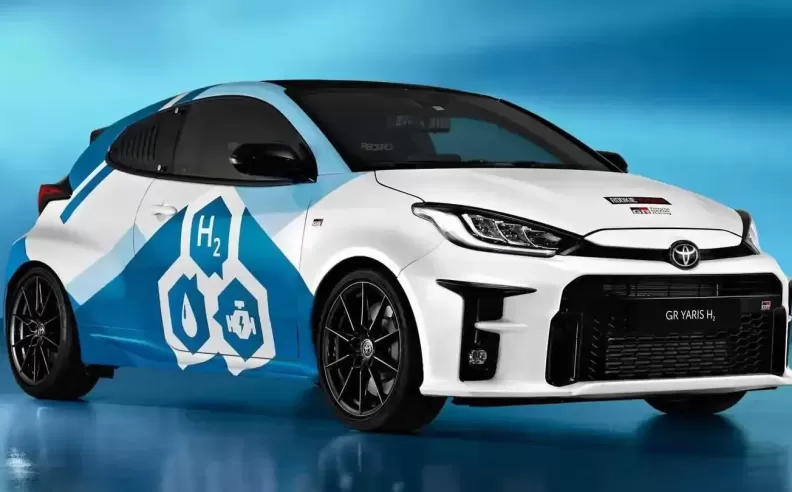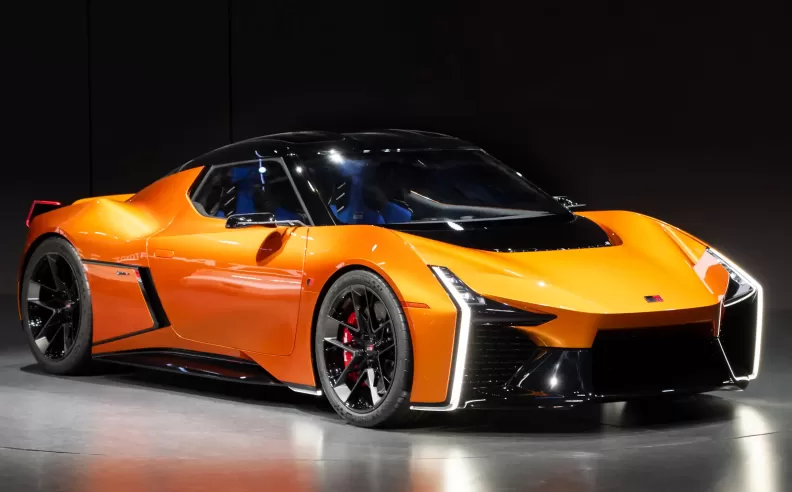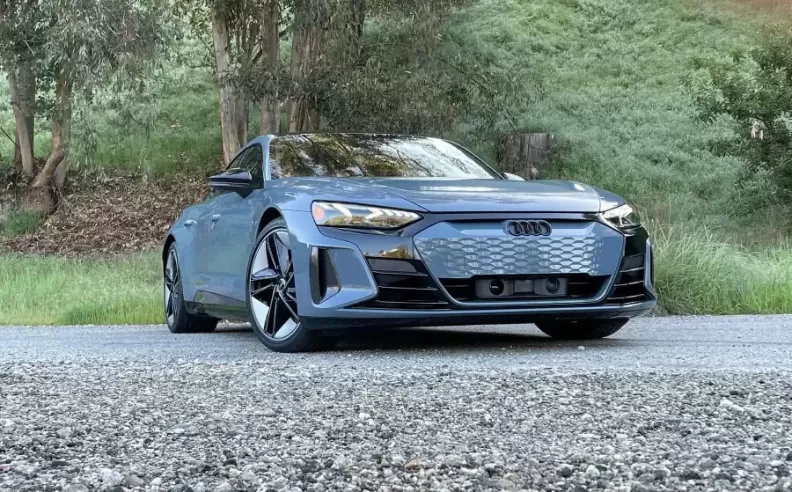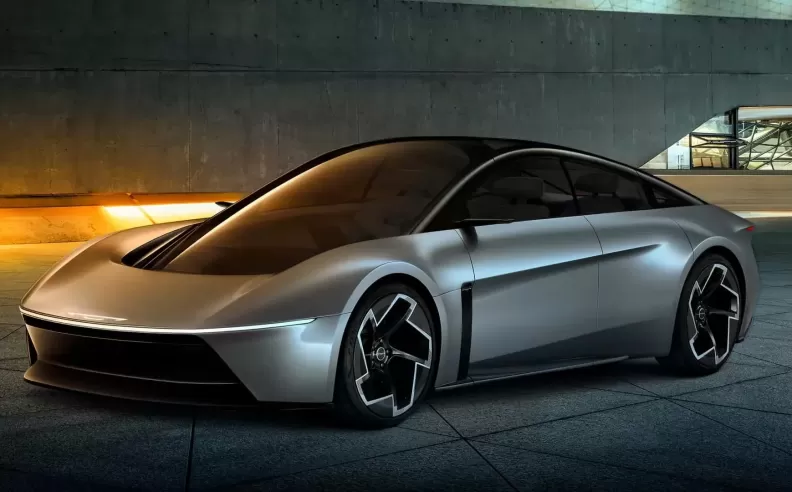
In an era where electric vehicles dominate headlines and eco-friendly technologies are at the forefront of automotive innovation, Toyota is taking a bold stance, suggesting that hydrogen could be the savior for sports cars with traditional combustion engines. While the automotive world is rapidly embracing electrification, Toyota's Gazoo Racing manager, Masahito Watanabe, believes that the internal combustion engine still holds untapped potential, especially when combined with hydrogen combustion.

Toyota has been making waves in the electric vehicle (EV) space with the FT-Se concept, showcasing the brand's commitment to an electric performance future. However, Watanabe emphasizes that Toyota's ultimate goal is not an all-battery lineup. Instead, the company sees hydrogen as a viable alternative to power sports cars, providing a new lease on life for combustion engines.
While electric vehicles are hailed for their zero-emission capabilities, Toyota believes that hydrogen combustion can offer a similar environmental benefit. Watanabe points out that the GR Yaris and GR Corolla have already been successfully converted into hydrogen-fueled race cars while retaining their turbocharged three-cylinder engines. This innovative approach challenges the notion that combustion engines and environmental sustainability are mutually exclusive.
According to Watanabe, Toyota is not ready to give up on the internal combustion engine just yet. Despite increasing pressure to transition fully to electric powertrains, he emphasizes that there's still room for growth and improvement in traditional engines. The key lies in incorporating hydrogen combustion, a facet that aligns with the industry's shift towards zero-emission solutions.
While acknowledging the need to comply with various environmental regulations worldwide, Watanabe asserts that Toyota is committed to exploring every avenue to keep the internal combustion engine relevant. Adapting to regional rules and standards, the company aims to demonstrate that hydrogen combustion can be a seamless and sustainable addition to their lineup, extending the lifespan of sports cars with traditional engines.

In a related development, Audi's RS E-Tron GT is poised to receive a significant power boost, potentially reaching a staggering 750 horsepower. While Toyota explores hydrogen as a lifeline for combustion engines, Audi continues to push the boundaries of electric performance, showcasing the versatility and adaptability of EV technology in high-performance applications.
Toyota's commitment to exploring hydrogen as a means to rejuvenate combustion engine sports cars challenges conventional wisdom in the automotive industry. As the quest for sustainable mobility intensifies, the marriage of hydrogen combustion with traditional engines could provide a unique pathway towards zero-emission performance. Whether this vision becomes a reality remains to be seen, but Toyota's bold stance underscores the ongoing evolution and diversification within the automotive landscape.

Wael is an automotive content writer specializes in creating written content for Motor 283. Producing a wide range of content, including blog posts, articles, product descriptions, reviews, and technical guides related to cars, trucks, motorcycles, and other vehicles, with an unprecedented passion for cars, and motorcycles.
